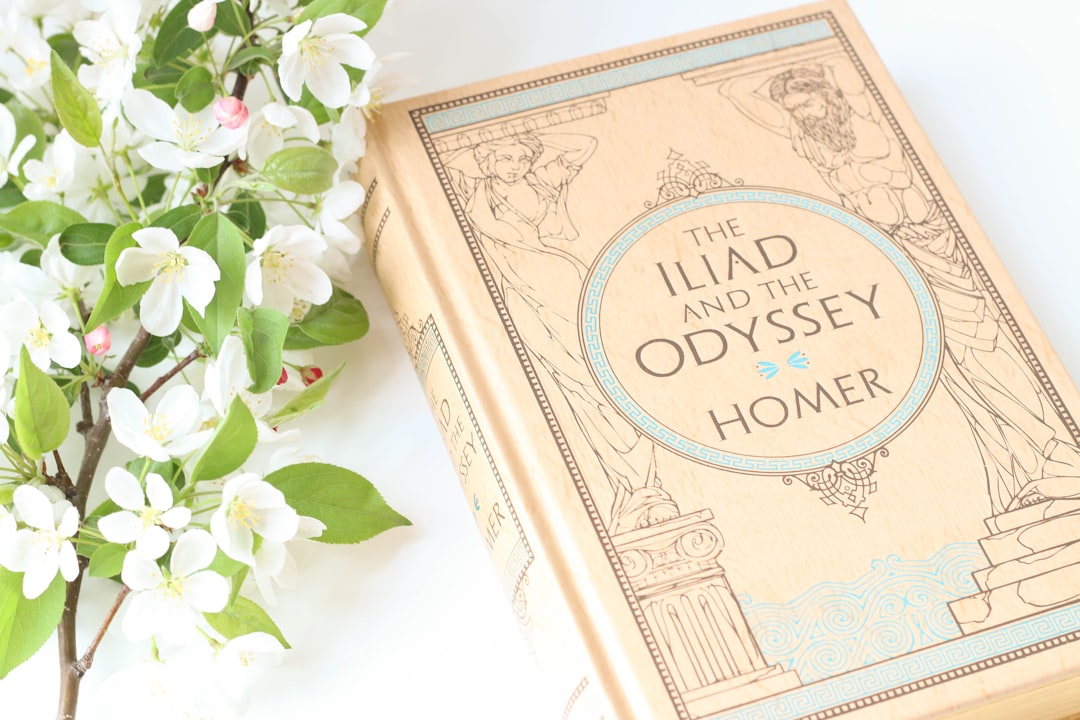This past week I read The Odyssey, in Robert Fagles’ translation, as part of a learning journey. I felt a bit like “stout Cortez” staring at the Pacific (note: I am not stout. At least not right now).
I can’t remember when and how I first read The Odyssey as a child, but it must have been an abridged version in an officers’ club library. I remember Odysseus wandering around the Aegean and then coming home and regaining his rightful place. And I remember the Cyclops as a world-class baddie.
But that, it turns out, is a bit like thinking of The Lord of the Rings as Frodo’s little adventure with vigorous fisticuffs along the way.
In reading this brilliant translation from the Greek — with an introduction by Bernard Knox that is worth the price of admission in itself — I realized how much I had missed.
***
It slowly dawned on me, in the course of my reading, that one constant undercurrent is violence.
This is true in the sense of the story. It is also true in the sense of the writing.
Here are lines, for example, about how Polyphemus (the Cyclops in question) falls down drunk and then vomits up the limbs of Odysseus’ companions that he has just eaten. They are written with a certain relish:
With that he toppled over, sprawled full-length, flat on his back
and lay there, his massive neck slumping to one side,
and sleep that conquers all overwhelmed him now
as wine came spurting, flooding up from his gullet
with chunks of human flesh—he vomited, blind drunk.
***
The whole work is awash in blood, and builds up to a final set of scenes that are horrifying.
In Book 22, for example, after Penelope’s suitors are killed — which one can vaguely understand in the context of revenge — Telemachus, Odysseus’ son, hangs those of Penelope’s maids who consorted with the suitors.
And it isn’t “just” a hanging. The maids are hoisted up by their necks.
***
Like all great works of literature, The Odyssey can be read on many levels and lends itself to an infinity of interpretations.
But unlike many works of literature, The Odyssey also is a work of history, albeit mythical in substance, and is a window into the past. And the past is a very different place.
We cannot know what Homer felt as he wrote (or sang) these words, but one thing has to be definitively true: his audience wanted it.
My professor pointed this out in terms that I hadn’t thought about: Homer, and therefore presumably his audience of Homeric and Classical Greeks, was far more interested in concepts of blind justice and vengeance.
The idea of mercy appears to be entirely absent. There is no pity in this world.
***
In other words, these qualities are not inherent in our species. We happen to live in a culture in which mercy and pity and forgiveness have risen higher in general estimation than in many other cultures (ancient or modern).
In this fraught time, I found this somehow comforting. As also a reminder that we need to be vigilant about preserving these values.



